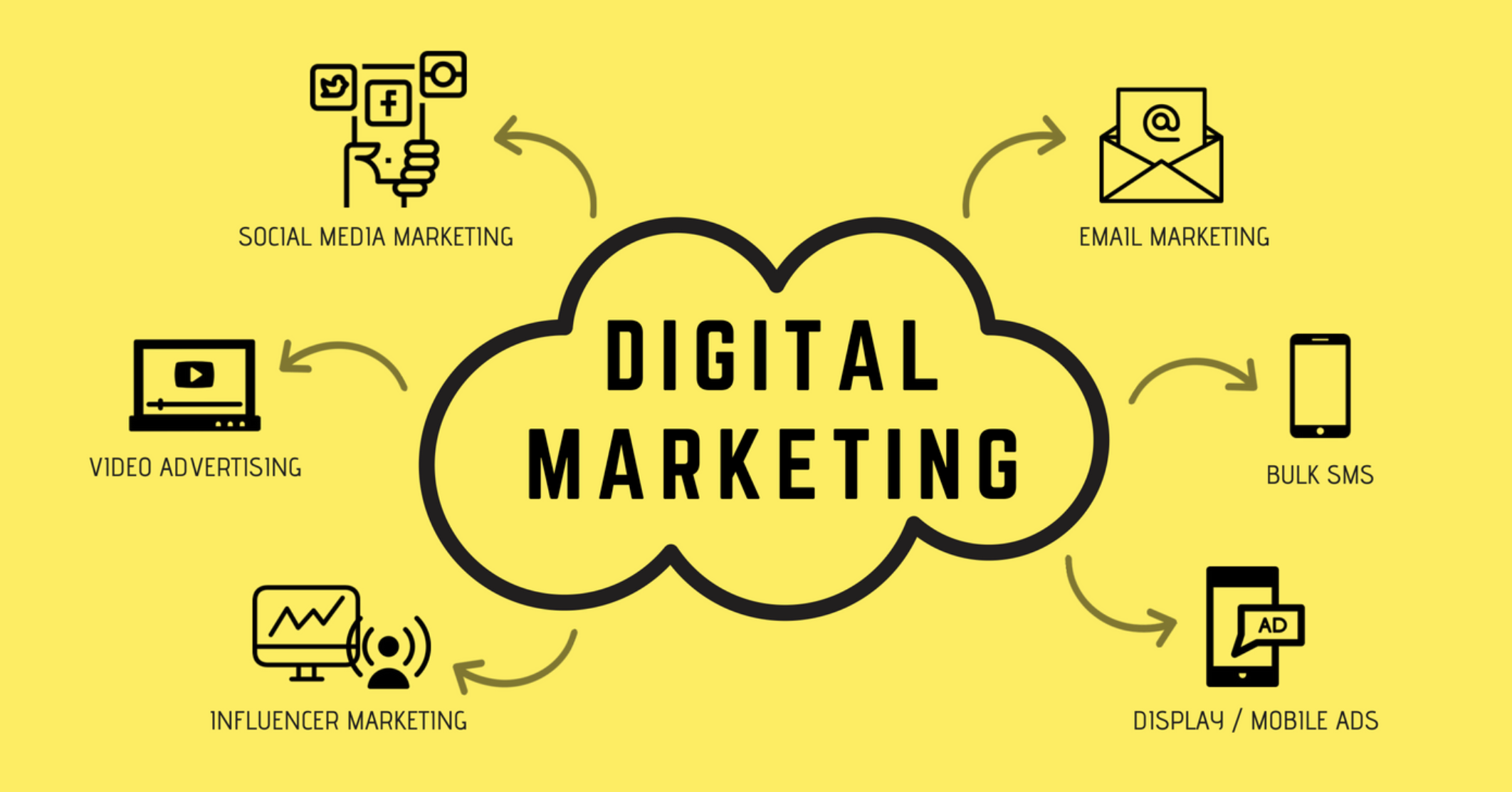Do’s:
1. Trademark Creation and Registration
In the ever-expanding realm of digital marketing, your business's logo and branding play a pivotal
role in establishing a recognizable presence. To safeguard your brand, our experienced team at
Yualande Christopher & Associates advises businesses to register their trademarks. Under the Trade
Mark Act 2001, registered trademarks enjoy comprehensive protection.
As per Section 9 of the Trade Mark Act, a registered trademark can be infringed by any party using a
similar or identical mark for similar products or services. Our firm conducts thorough trademark
searches using JIPO’s database to ensure your chosen mark is distinctive, graphically represented,
and capable of distinguishing your offerings from others.
By submitting a trademark application, we secure your marks registration, offering protection
against unauthorized use during your digital marketing campaigns.
2. Explicit Ownership Contracts
When collaborating with influencers or content creators in your digital marketing endeavors, clarity
is key. Our legal experts advise businesses to establish explicit ownership contracts. According to the
Copyright Act, unless explicitly stated otherwise, the creator retains copyright ownership.
An influencer, for instance, may retain copyright over content created during the campaign. To avoid
disputes, our firm ensures that contracts explicitly specify ownership rights, protecting your brand’s
interests.
Don’ts:
1. Use of Infringing Material Without Permission
In the dynamic world of digital marketing, the temptation to incorporate popular images or music
into your campaigns can be alluring. However, it’s crucial to seek permission and pay for the use of
copyrighted material, as per the Copyright Act. Failure to do so could result in copyright
infringement under Section 31(1).
Under Section 9 of the Copyright Act, copyright owners have exclusive rights to copy, issue, perform,
broadcast, or adapt their work for financial benefit. Engaging in any of these activities without
permission could lead to legal repercussions.
2. Use of Likeness/Image Without Permission
When using someone’s image or likeness in your digital marketing campaigns, businesses must
obtain explicit permission to avoid violating the tort of appropriation of personality. This applies to
celebrities, influencers, and the general public.
In the event of unauthorized image use, our firm advises businesses on legal remedies and potential
damages, ensuring your campaigns remain legally compliant.
3. Misleading Products and Services
While engaging in digital marketing, it’s imperative to maintain transparency and honesty. The
Consumer Protection Act regulates advertisements, prohibiting misleading or deceptive marketing
practices. Section 32 specifically addresses misleading advertisements and pricing.
Our firm ensures that businesses digital marketing efforts align with the Consumer Protection Act,
preventing potential legal issues and protecting your brand’s reputation.



